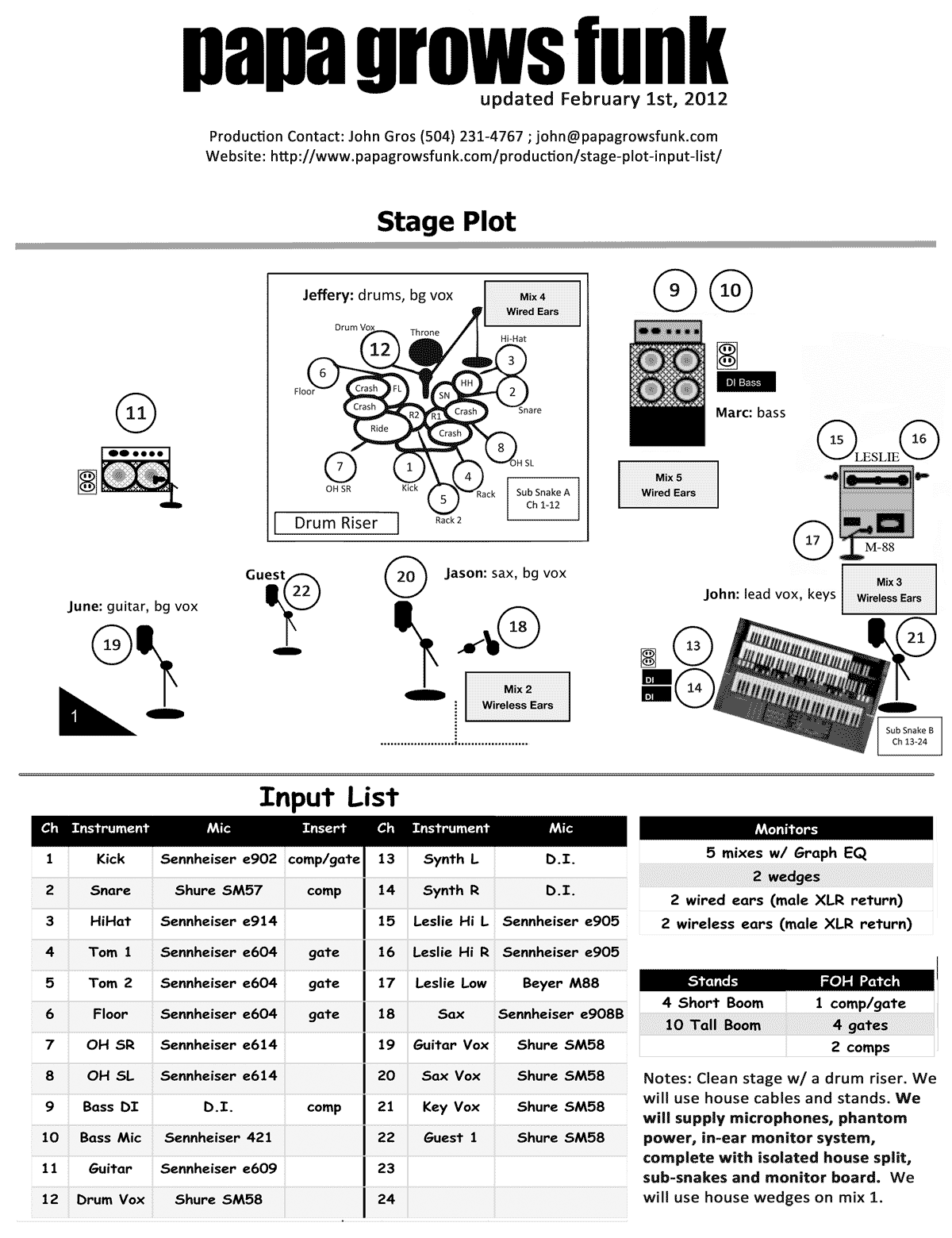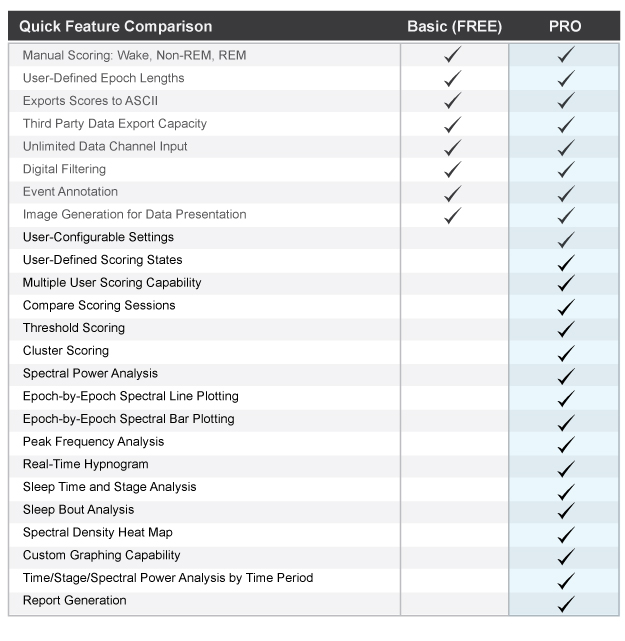

You will be more successful if you map out your entire budget in advance, continue to update as you finalize variables, and stay very close to the process.īased on your high-level budget and initial scope of needs. Additionally, establishing a budget helps to avoid unwanted surprises (like running out of money for decor, etc.). Establish an event budgetĬreating a budget is an essential early step in event planning that helps to clarify other aspects of your plan. If your organization is already on board with the event, your goals and scope help move you along into the next stages of planning. Hosting an internal or association meeting? A day of small sessions could be a fit.īuilding out your goals and preliminary project scope enables you to frame your event and get buy-in from leadership. Bringing together thousands of customers? A two-day user conference may be right for you. Are you driving awareness of a new product? A one-day event with keynote may make sense. Is your event local? Or, will it be hosted in a destination? Start to create a shortlist of cities and venues that make sense for your event. Are your attendees coming from around the country or is this a local event? You’ll also want to keep your attendees’ demographics in mind as you plan. Will this be a 100 person event, a 1,000 person, or 10,000 person event? You should begin to think about size. While not set in stone, you should lay out preliminary event details including: Your scope should offer key details and point to how you will achieve your outlined goals. With your goals and objectives in place, you can create a preliminary scope of the event.

Receive 100 preorders for upcoming product.Increase revenue by 25% from the last event.
How to get numbers on stage plot pro registration#
Increase registration 10% from the last event.Here are a few examples of event objectives: In planning any event, you should identify a set of objectives that will support your ultimate goal. Are you looking to:ĭrive new sales? Support a product launch? Increase brand awareness? Or maybe, you have a combination of multiple goals? Determine what you are looking to accomplish and how this event will help you do that. This is the why that spurred you to plan an event in the first place. You should answer this question: What the ultimate goal for this event? Define goals and objectivesīefore jumping right into the logistics like venue or speakers, you should spend time identifying the purpose and reason for planning this event. Want some more support? We’ve also put together an easy-to-use checklist that provides a framework while planning your next event. Create a marketing and promotional plan.Confirm sponsors, exhibitors, and speakers.


 0 kommentar(er)
0 kommentar(er)
